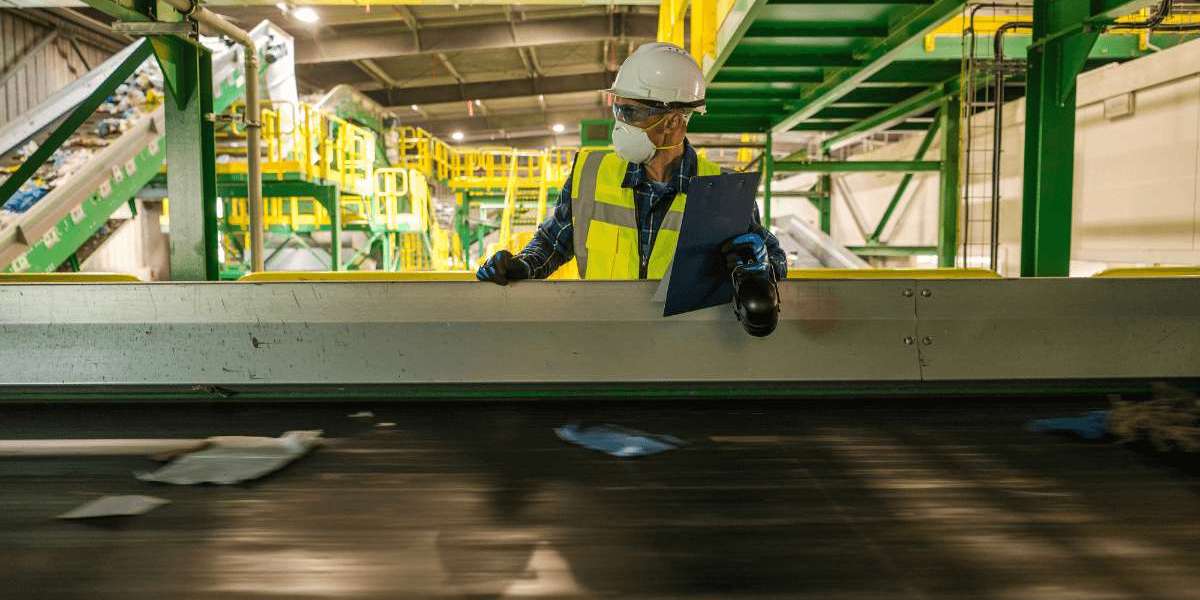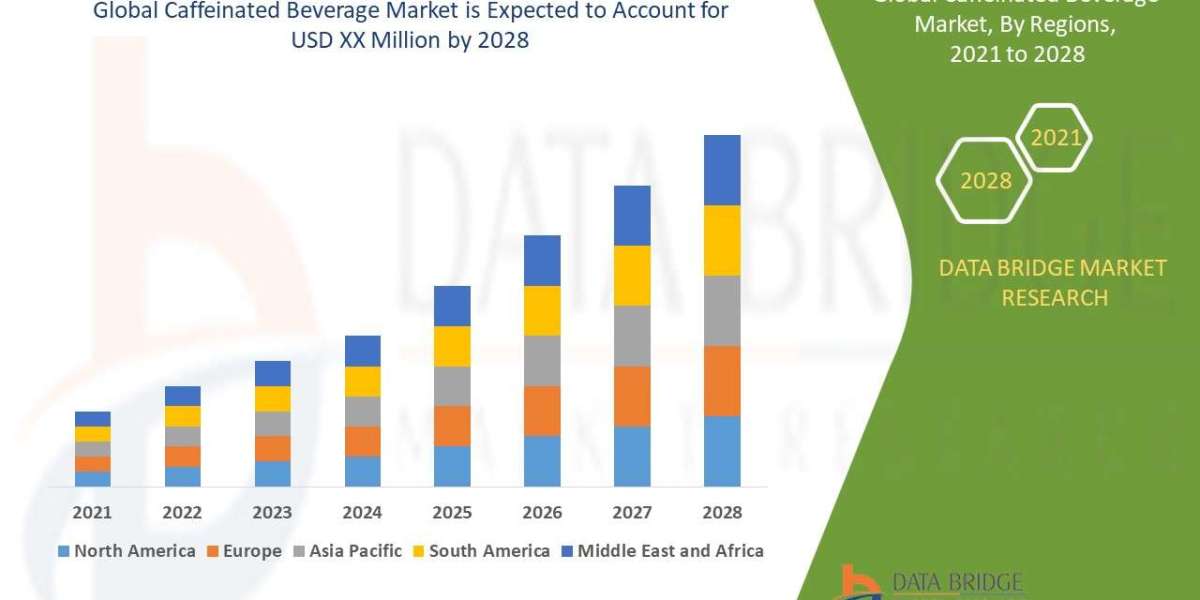In Malaysia, the importance of achieving recycling targets has gained significant attention in recent years. As the country aims to transition towards sustainable waste management practices, the role of environmental consulting firms has become crucial. These firms provide expert guidance and strategies to help government bodies, businesses, and communities achieve their recycling objectives.
Recycling targets serve as benchmarks to measure the progress of waste management efforts. By setting specific goals for waste reduction and recycling rates, Malaysia aims to minimize environmental impact and conserve valuable resources. Environmental consulting firms play a vital role in supporting these targets by offering their expertise in waste management, recycling technologies, and policy development.
These firms work closely with various stakeholders, including local authorities, businesses, and community organizations, to implement effective waste management strategies. They provide tailored solutions to address the diverse challenges faced by different regions and sectors in Malaysia.
Through their wealth of experience and knowledge, environmental consulting firms help design and implement recycling programs and initiatives. They conduct assessments of waste management operations, identify areas for improvement, and recommend sustainable practices that align with international standards and best practices.
By collaborating with these consulting firms, Malaysia can leverage their expertise to overcome the challenges of waste disposal and achieve sustainable waste management goals. Environmental consulting plays a crucial role in raising awareness, driving innovation, and fostering partnerships to create a circular economy where waste is minimized, resources are conserved, and environmental sustainability is prioritized.
In the following sections, we will explore the current state of recycling in Malaysia, the strategies recommended by environmental consulting firms, policy recommendations for sustainable waste management, the role of stakeholders, and the challenges faced in waste recycling.
State of Recycling in Malaysia
Malaysia, like many countries around the world, faces significant challenges in achieving efficient recycling and sustainable waste management. Despite the increasing recognition of the importance of recycling, the current state of recycling in Malaysia presents a mixed picture.
Recycling Challenges
One of the major challenges in recycling is the lack of awareness and understanding among the general public. Many Malaysians still perceive recycling as an optional activity rather than a necessary one. This results in low participation rates and inadequate segregation of waste at the source.
Additionally, Malaysia struggles with insufficient infrastructure for waste collection and recycling. There is a shortage of recycling centers and facilities, which makes it difficult to handle the increasing volume of waste. Inefficient waste management strategies lead to a significant portion of recyclable materials being sent to landfills instead of being properly recycled.
Recycling Opportunities
Despite the challenges, there are opportunities for improvement in Malaysia's recycling efforts. The government and environmental consulting experts have recognized the importance of sustainable waste management and have implemented various initiatives to address the existing issues.
One of the opportunities lies in enhancing public education and awareness about the benefits of recycling. By conducting targeted campaigns and educational programs, Malaysia can encourage more individuals and communities to actively participate in recycling activities.
Furthermore, Malaysia has the potential to expand its recycling infrastructure and facilities. Investing in modern recycling technologies, such as advanced sorting and recycling systems, can improve waste management operations and increase recycling rates.
Collaboration for Success
To overcome the challenges and exploit the opportunities, collaboration among various stakeholders is crucial. District councils, local communities, policymakers, and waste management strategists must work hand in hand to develop effective waste management policies, streamline recycling processes, and ensure proper enforcement of regulations.
By engaging residents, businesses, and other relevant stakeholders, Malaysia can foster a culture of sustainability and make recycling a priority. This collaboration should involve regular communication, sharing of best practices, and continuous evaluation of waste management operations to identify areas for improvement.
Strategies Offered by Environmental Consulting in Malaysia
Environmental consulting professionals in Malaysia play a crucial role in helping the country achieve its recycling targets and promote sustainable waste management practices. Their expertise and recommendations offer valuable strategies that can make a significant impact on waste recycling efforts. Let's delve into some of the key strategies offered by these professionals.
Waste Segregation and Education Campaigns
One of the primary strategies emphasized by environmental consulting experts is the importance of waste segregation at its source. This involves educating the public, local communities, and businesses about the different types of waste and the proper way to separate them. Through comprehensive education campaigns, individuals learn to distinguish between recyclable materials, organic waste, and hazardous substances, ensuring that each type is disposed of correctly. Waste segregation significantly improves the overall efficiency of the recycling process.
Encouraging Public Participation through Incentives
To encourage greater public participation in recycling efforts, environmental consulting professionals propose the implementation of incentive programs. These programs aim to reward individuals and communities for their active involvement in waste recycling. Incentives can range from discounts on bills to redeemable points or vouchers. By providing tangible benefits, these initiatives instill a sense of responsibility and motivation in individuals, ultimately boosting recycling rates.
Collaboration with Local Authorities and Stakeholders
Effective waste management requires collaboration and coordination among various stakeholders, including local authorities, district councils, policymakers, and community organizations. Environmental consulting professionals emphasize the significance of establishing strong partnerships to streamline waste management operations. By working together, stakeholders can share resources, knowledge, and expertise, leading to more efficient waste collection, sorting, and recycling practices.
Adoption of Technology and Innovation
The use of advanced technology and innovative solutions is vital in optimizing waste recycling processes. Environmental consulting professionals advocate for the implementation of modern waste management systems, such as automated sorting machines and waste-to-energy technologies. These innovative solutions enhance the efficiency of waste treatment and minimize the amount of waste sent to landfills. Additionally, the adoption of data management systems and analytics enables better tracking and analysis of waste generation patterns, facilitating data-informed decision-making.
Capacity Building and Training Programs
To sustain long-term waste recycling efforts, environmental consulting professionals emphasize the importance of capacity building and training programs. These initiatives aim to educate individuals and organizations on best practices in recycling, waste management, and sustainable waste reduction. By providing comprehensive training, professionals can empower communities and businesses to become active participants in waste management, ensuring the success and longevity of recycling efforts.
Case Studies and Success Stories
Environmental consulting experts often highlight real-life case studies and success stories to inspire and educate others. These examples showcase the effectiveness of different strategies and highlight the positive impact achieved through sustainable waste management practices. By sharing these stories, professionals aim to motivate individuals, communities, and businesses to adopt similar approaches and contribute to a more sustainable future.
By implementing these strategic recommendations, guided by the expertise of environmental consulting professionals, Malaysia can make significant progress towards achieving its recycling targets. Through waste segregation, public participation, collaboration, technology adoption, capacity building, and sharing success stories, the country can pave the way for a more sustainable and environmentally conscious future.
Policy Recommendations for Sustainable Waste Management
In order to promote sustainable waste management practices in Malaysia, several policy recommendations have been put forth by environmental consulting experts. These recommendations aim to address the challenges faced by the country and encourage efficient waste management strategies. Here are some key policy recommendations:
1. Implement Extended Producer Responsibility (EPR) Programs
One effective strategy is to implement Extended Producer Responsibility (EPR) programs. This policy places the responsibility of managing and recycling waste on the producers throughout the product lifecycle. By holding producers accountable for their products' end-of-life management, EPR programs encourage them to adopt more sustainable manufacturing practices and design products that are easier to recycle.
2. Encourage Source Segregation and Separation
Source segregation and separation of waste at the point of generation play a crucial role in effective waste management. Policies should be implemented to educate and encourage individuals, businesses, and institutions to separate recyclables, organic waste, and non-recyclable waste. Robust recycling infrastructure should be developed to support and facilitate proper waste segregation.
3. Establish Incentives for Recycling and Waste Reduction
Incentivizing recycling and waste reduction can greatly contribute to achieving sustainable waste management goals. Policy measures can include providing tax incentives or financial rewards to individuals and businesses that actively engage in recycling efforts. These initiatives not only promote environmentally responsible behavior but also stimulate the growth of the recycling industry.
4. Strengthen Collaboration with Stakeholders
Collaboration with stakeholders is vital for successful waste management. Policies should focus on building strong partnerships with local authorities, district councils, policymakers, recycling operators, and the community at large. Engaging relevant stakeholders in decision-making processes and involving them in waste management initiatives will foster a sense of ownership and responsibility toward sustainable waste management practices.
5. Encourage Research and Innovation
Policies should prioritize funding and support for research and innovation in sustainable waste management. Encouraging the development of new technologies and processes that optimize waste recycling and treatment can lead to more cost-effective and efficient waste management practices. Additionally, investing in research can help identify best practices and solutions tailored to the specific needs of Malaysia.
By implementing these policy recommendations, Malaysia can significantly improve its waste management efforts and move closer to achieving its recycling targets. It is essential for government bodies, environmental agencies, and other relevant stakeholders to work together to create a conducive policy framework that promotes sustainable waste management practices throughout the country.
The Role of Stakeholders in Recycling Efforts
Engaging stakeholders is integral to the success of recycling efforts in Malaysia. District councils, local communities, and policymakers play crucial roles in promoting and implementing sustainable waste management practices. By collaborating with these stakeholders, recycling initiatives can be effectively planned, executed, and monitored, leading to significant improvements in waste management outcomes.
District Councils: Strengthening Local Waste Management Systems
District councils play a vital role in waste management at the local level. They are responsible for the collection, transportation, and disposal of solid waste within their jurisdictions. To promote recycling, district councils can implement kerbside recycling programs, establish recycling centers, and facilitate waste separation at source. By providing education and awareness campaigns, they can encourage residents to participate actively in recycling activities. District councils can also collaborate with local communities to organize recycling drives and events, fostering a sense of environmental responsibility.
Local Communities: Driving Community Participation
Active participation from local communities is crucial to the success of recycling efforts. Engaging residents through educational programs and community outreach initiatives can enhance awareness and understanding of the benefits of recycling. Promoting a sense of ownership and responsibility among community members is essential for sustainable waste management practices. Encouraging the practice of waste separation at source and providing convenient recycling facilities within residential areas can further incentivize community participation in recycling programs.
Policymakers: Enabling Supportive Legislative Frameworks
Policymakers play a critical role in formulating and implementing effective waste management policies and regulations. By enacting laws that encourage sustainable waste management practices, policymakers can set the foundation for a circular economy. This includes implementing extended producer responsibility (EPR) programs, which hold manufacturers accountable for the entire lifecycle of their products, promoting eco-design and waste minimization. Policymakers can also provide financial incentives and grants to support recycling initiatives, making it economically feasible for businesses and individuals to adopt sustainable waste management practices.
Collaboration for Success
Effective stakeholder collaboration is key to achieving recycling targets in Malaysia. District councils, local communities, and policymakers should work closely together to establish integrated waste management systems that prioritize recycling and waste reduction. Regular communication, knowledge sharing, and coordinated efforts will enable the development of comprehensive strategies for sustainable waste management. Engaging relevant stakeholders ensures a collective approach towards addressing the challenges of waste management and paves the way for a greener and more sustainable future.
Overcoming Challenges in Waste Recycling
Waste recycling in Malaysia comes with its own set of challenges. However, with strategic planning and effective implementation, these obstacles can be overcome. Let's explore some of the common challenges faced in waste recycling and the strategies that can be employed to address them.
1. Lack of Awareness and Education
One of the primary challenges in waste recycling is the lack of awareness and education among the general population. Many individuals are unaware of the benefits of recycling or how to properly segregate their waste. To combat this, awareness campaigns and educational programs can be implemented to educate and engage the public. Local authorities can collaborate with environmental consulting firms to develop informative campaigns, workshops, and community initiatives that educate individuals about the importance of waste recycling and how to effectively participate.
2. Insufficient Infrastructure and Resources
Another hurdle in waste recycling is the lack of adequate infrastructure and resources. Insufficient recycling facilities, limited transportation networks, and shortage of trained personnel can hamper recycling efforts. To address this challenge, the government and environmental consulting experts can work together to invest in developing robust recycling infrastructure, expanding collection networks, and providing training programs for individuals involved in waste management. This will improve the efficiency and effectiveness of waste recycling practices.
3. Contamination and Poor Waste Segregation
Contamination and poor waste segregation pose significant challenges in waste recycling. Many individuals mix recyclable and non-recyclable waste, which reduces the value and quality of materials that can be recycled. Addressing this challenge requires a multi-pronged approach. It involves educating the public about proper waste segregation practices, implementing strict enforcement measures, and providing convenient and accessible recycling bins with clear guidelines.
4. Limited Market Demand for Recycled Materials
The limited market demand for recycled materials can hinder waste recycling efforts. Without a viable market, recyclable materials may end up being disposed of or stockpiled, defeating the purpose of recycling. To overcome this challenge, environmental consulting professionals can collaborate with businesses and industries to create a demand for recycled materials. This can be achieved through incentives, collaborations, and campaigns promoting the use of recycled products. Additionally, policies can be implemented to encourage the procurement of recycled materials by government agencies and institutions.
By addressing these challenges head-on and implementing effective strategies, Malaysia can enhance its waste recycling efforts and achieve higher recycling rates. Collaboration between government authorities, environmental consulting firms, businesses, and the public is crucial in driving sustainable waste management practices. Through awareness, education, infrastructure development, and market stimulation, Malaysia can overcome these challenges and make significant progress towards a more sustainable future.
Conclusion
Achieving recycling targets is crucial for promoting sustainable waste management practices in Malaysia. Environmental consulting firms play a vital role in providing expertise and guidance in this endeavor.
By implementing these strategies, Malaysia has made significant progress in transitioning from a developing to a developed country in waste recycling. Engaging stakeholders, such as district councils, local communities, and policymakers, has also played a pivotal role in the success of recycling efforts.
However, there are still challenges that need to be addressed in waste recycling. Overcoming these challenges requires collaboration between the government, private sector, and communities. By working together, Malaysia can continue to improve waste management practices and achieve sustainable waste management goals.
The expertise provided by environmental consulting in Malaysia is instrumental in driving the country towards a more sustainable future. Through the implementation of effective strategies, policy recommendations, and stakeholder engagement, Malaysia can successfully achieve its recycling targets and promote sustainable waste management practices.







